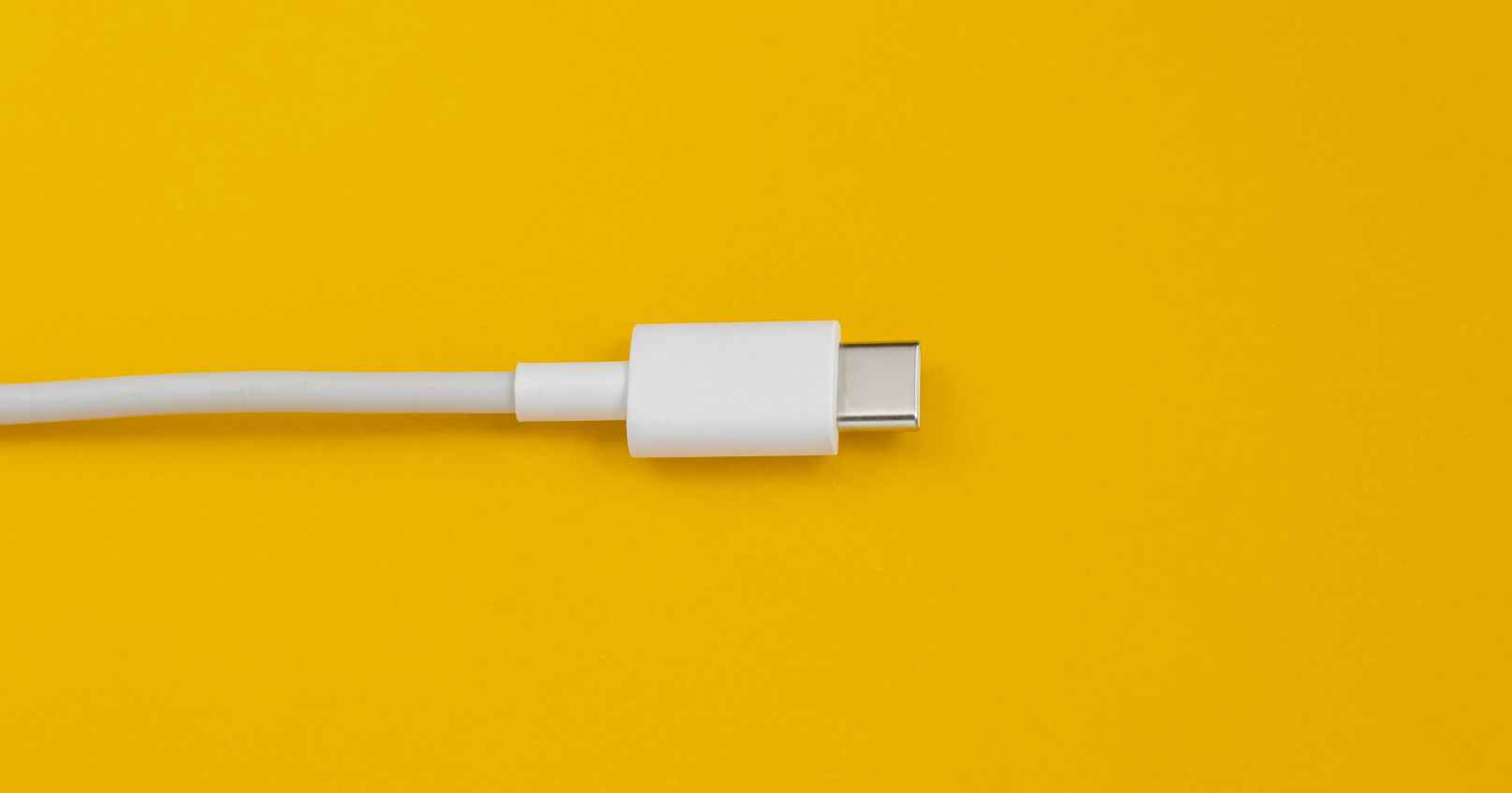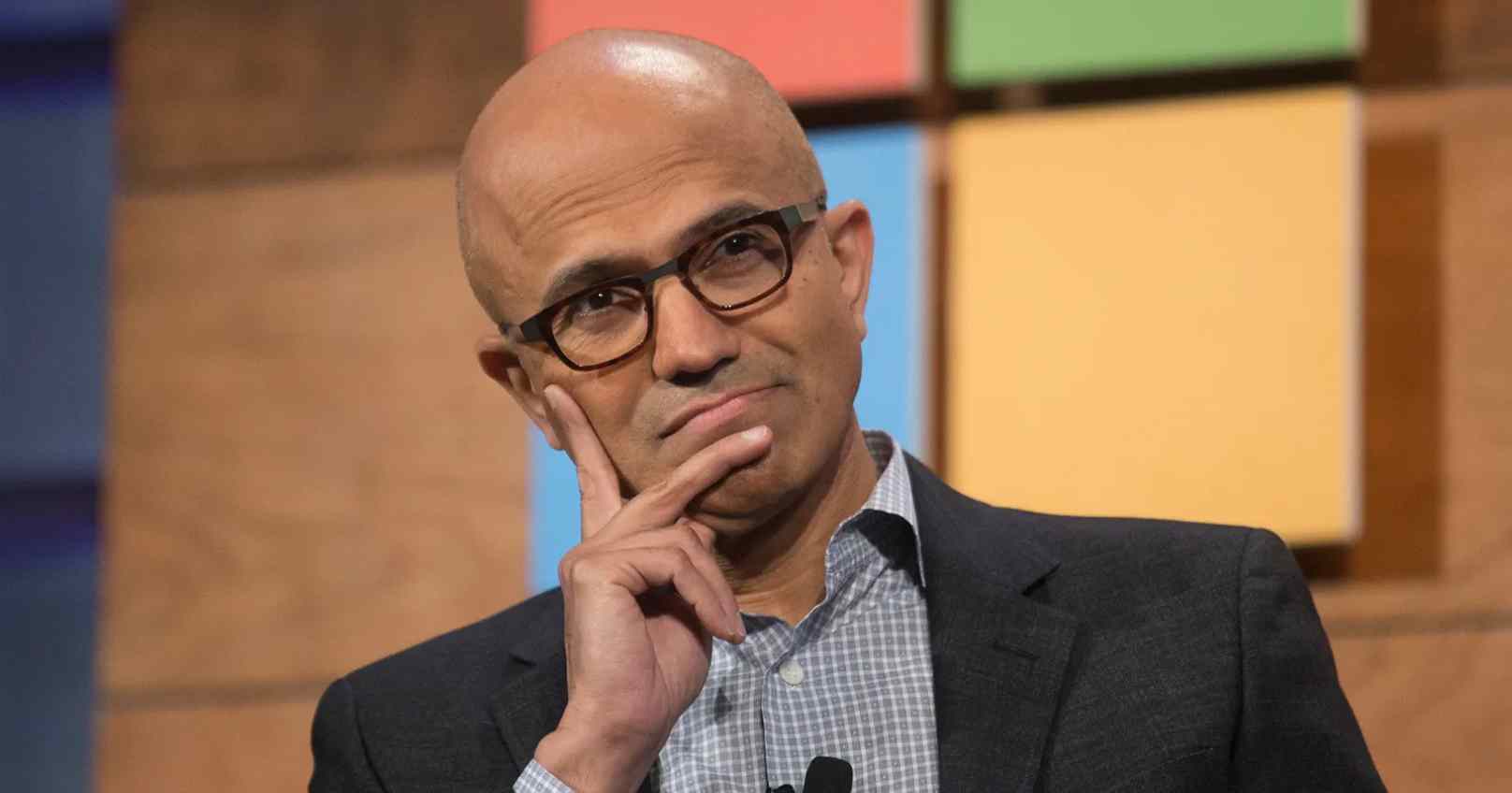India is set to follow in the footsteps of the European Union (EU) by standardising the charging ports for smartphones and tablets, according to a report by Livemint. The Indian government, through the Ministry of Electronics and Information Technology (MeitY), is considering a mandate that would require all tablets and smartphones sold in the country to use a common charging port by June 2025. The initiative aims to simplify the charging process and reduce electronic waste caused by multiple types of cables and adapters.
The mandate will initially apply to smartphones and tablets, with laptops expected to follow suit by 2026. The USB Type-C connector is the charging port under consideration for this standardisation effort. Currently, while most Android smartphones already use USB Type-C, some tablets and accessories still rely on microUSB. Apple has transitioned most of its devices to USB Type-C, including the iPhone 15 series and newer iPads, although some MacBook models continue to use MagSafe charging.
The EU's 2022 directive that mandated USB Type-C as the standard charging port for various devices, including smartphones, tablets, cameras, audio products, handheld consoles, and speakers, significantly influenced Apple's shift to Type-C chargers. This move by the EU aimed to reduce electronic waste and streamline the user experience.
India's consideration of similar regulations dates back to November 2022, when NDTV reported that a task force comprising representatives from industry associations, educational institutions, government ministries, and major smartphone brands like Samsung and Apple was formed to explore the introduction of a standardised charging port rule. Last year, the Indian government also urged Apple to reintroduce older iPhone models with USB-C ports, aligning with the country's efforts to reduce e-waste and simplify device compatibility.
While an exact timeline for the implementation of this mandate remains unclear, the rule is expected to take effect for smartphones and tablets by June next year, with laptops following by 2026. Feature phones, audio products, and wearables are currently not included in the proposed standardisation.







